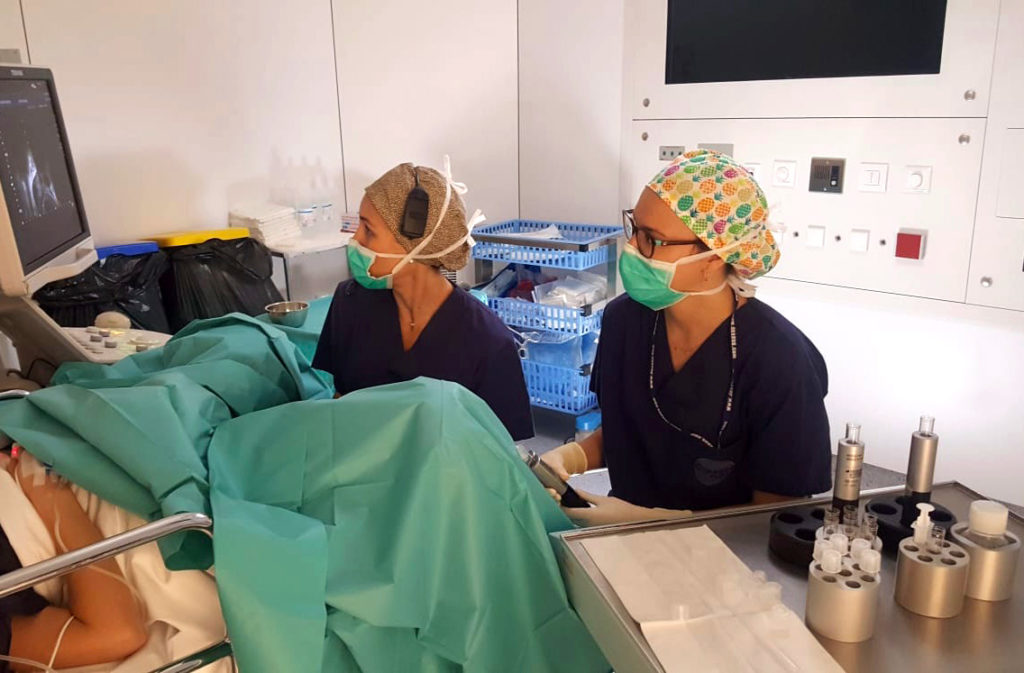
A total of 1,495 cryotransfer cycles with Preimplantation Genetic Testing (PGT) performed between August 2017 and December 2019 analysed. All patients were between 18 and 40 years old and had previously undergone an ovarian stimulation treatment.
The sample was divided according to the progesterone levels detected in the late follicular phase: normal (≤ 1.50 ng/ml) or high >1.50 ng/ml. The researchers compared the two groups to see if differences in progesterone levels could have a detrimental effect on euploidy rate, blastocyst formation and cumulative live birth rate.
The results of the study showed that increased progesterone levels in the late follicular phase do not affect the euploidy rate, blastocyst formation, or the cumulative live birth rate.
Reference article:
The effect of late-follicular phase progesterone elevation on embryo ploidy and cumulative live birth rates
Ana Raquel Neves, Samuel Santos-Ribeiro, Sandra García-Martínez, Marta Devesa, Sérgio R Soares, Juan Antonio García-Velasco, Nicolás Garrido, Nikolaos P Polyzos.
Reprod Biomed Online. 2021 Dec;43(6):1063-1069. doi: 10.1016/j.rbmo.2021.07.019.